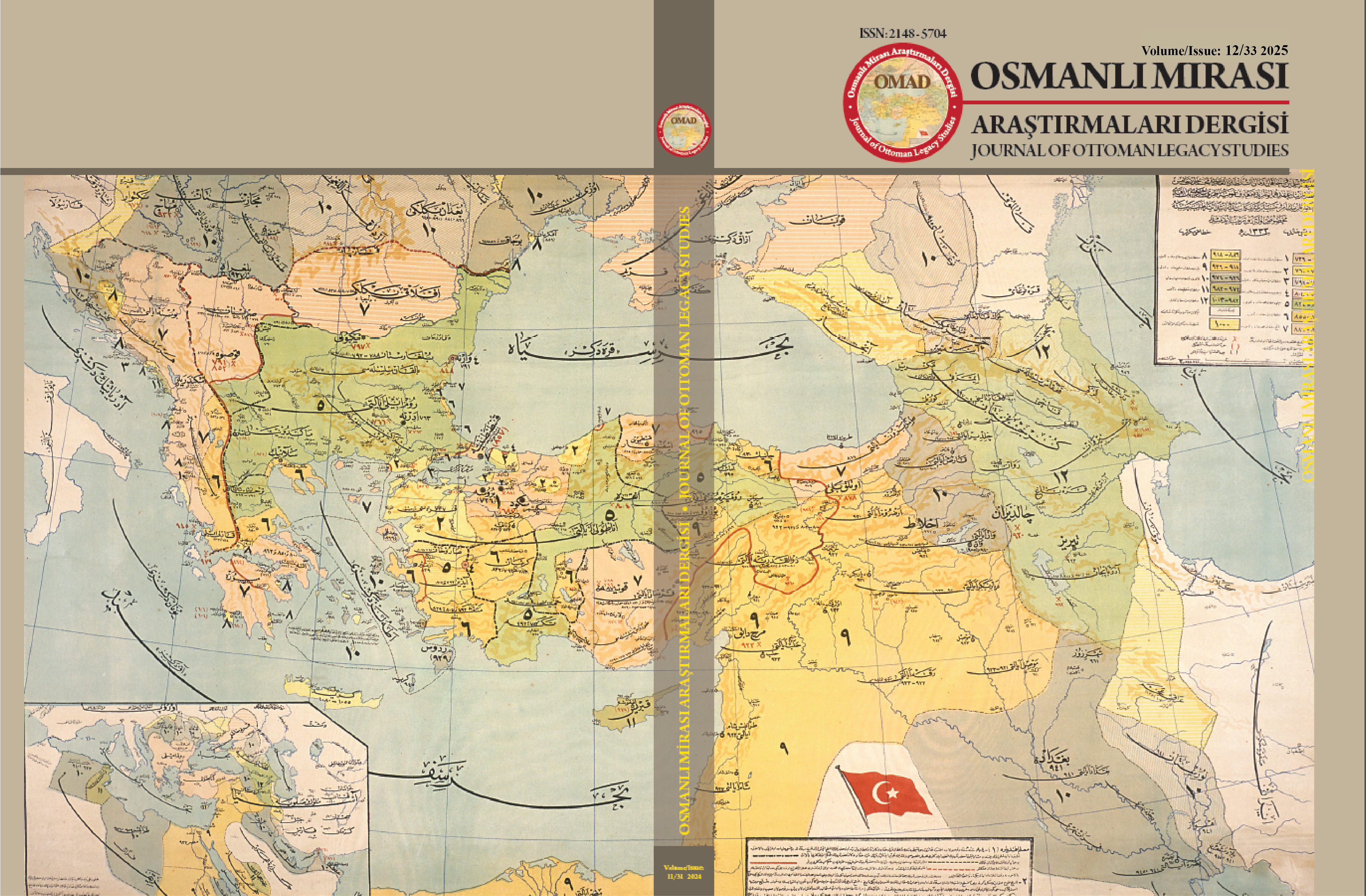The Liman Von Sanders Mission And Istanbul In German-Russian Relations On The Eve Of World War
Keywords:
Turkey, Germany, Russia, Liman von Sanders, Istanbul, Bosphorus, Black SeaAbstract
This study is written to highlight Russia’s response to the military mission led by Liman von Sanders, brought from Germany to reorganize and modernize the Turkish army after Turkey’s defeat in the Balkan War, and to show the Russo-German negotiations during this process. The political conjuncture that emerged after Turkey’s defeat in the Balkan War led to several conflicts and complications, further exacerbating old contradictions. Turkey’s defeat caused serious concerns in the German government, raising the question of how the future and security of the Black Sea Straits and the Baghdad Railway could be ensured. If Russia succeeded in taking control of the straits, the Baghdad Railway would fall into Russian hands as well. The political and strategic changes that would occur in Turkey made Germany’s intervention almost inevitable. The ruling circles in Turkey believed that the reorganization of the Turkish army was crucial to prevent the dissolution of the state. At the request of Grand Vizier Mahmud Şevket Pasha and with the leadership of Germany’s ambassador to Istanbul, Wangenheim, the foundation of the Turkish-German military aid agreement was laid. However, this military mission interfered with Russia’s historical plans to send warships through the Black Sea Straits and take control of the Straits. Therefore, Russia opposed the Turkish-German military cooperation agreement, known as the “Sanders Mission”, and began diplomatic efforts with Germany to end the mission of Liman von Sanders, who had been assigned to the 1st Army Corps Command in Istanbul.








